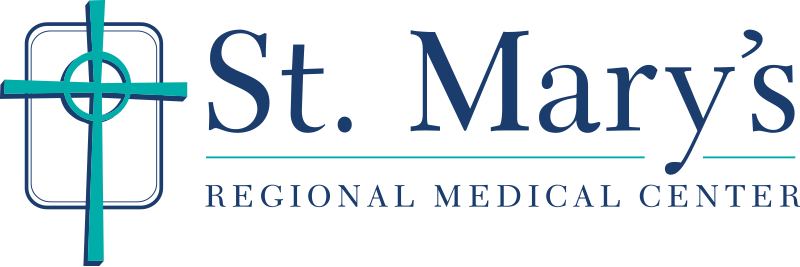Know the Difference, Save a Life
When someone suddenly collapses or feels seriously unwell, it can be hard to tell what’s going on—especially in hot weather. Knowing the difference could save your life or someone else’s.
Lior Shamai, DO, a cardiologist with St. Mary’s Regional Medical Center, discusses the differences between a heart attack and heat stroke and what to look out for.
What Is Heat Stroke?
Heat stroke happens when your body gets too hot and can’t cool itself down. It's like your internal air conditioner has shut off. Your body temperature rises dangerously high—often above 104°F (40°C). This affects your brain, heart, and organs. It can be fatal if not treated fast.
What are some of the common causes of heat stroke?
- Being out in the sun or heat too long
- Heavy exercise in hot weather
- Dehydration
What are some of the symptoms to watch for?
- Very high body temperature
- Hot, red, dry skin (or sweating may stop)
- Confusion, dizziness or fainting
- Rapid heartbeat
- Nausea or vomiting
- Seizures in severe cases
What should someone do if they suspect they or someone they know might be having a heat stroke?
- Call 9-1-1 immediately
- Move the person to a cool place
- Use cold water, ice packs, or fans to lower body temperature
- Do not give fluids if they’re unconscious
What Is a Heart Attack?
A heart attack happens when blood flow to part of the heart is blocked, usually by a blood clot. Without oxygen, that part of the heart begins to die. That leads to chest pain, trouble breathing and possibly death if help isn’t given quickly.
What are some of the common causes?
- Blocked arteries from cholesterol buildup
- High blood pressure
- Smoking, stress, poor diet, or family history
- What are some of the signs and symptoms?
- Chest pain or pressure (may feel like squeezing or heaviness)
- Pain in the arm, neck, jaw, or back
- Shortness of breath
- Cold sweat
- Nausea or lightheadedness
Some people, especially women, may have more subtle symptoms like fatigue or indigestion.
What should someone do if they suspect they or someone they know might be having a heart attack?
- Call 9-1-1 immediately
- Keep the person calm and still
- If they’re awake and not allergic, give aspirin (helps thin blood)
- Use CPR or an AED if they stop breathing
It’s important to note that these conditions can overlap. For example, someone with heart disease could have a heart attack triggered by heat.
Both heat stroke and heart attacks are medical emergencies. When in doubt, call 9-1-1. Don’t try to “wait it out” or assume the person just needs water or rest.
Advanced Heart Attack Care
Through a web-based data network, St. Mary’s Regional Medical Center paramedics in the field can communicate with hospital staff to help improve heart attack outcomes while patients are on their way to the hospital's Emergency Department (ED). This enables doctors to determine the best care protocols and have staff prepared before the patient arrives.
The cardiac care teams offer advanced diagnostic testing, noninvasive and invasive treatments, cardiac rehabilitation and preventive education about congestive heart failure, pulmonary hypertension, and peripheral vascular disease.
Learn more about cardiovascular services >
